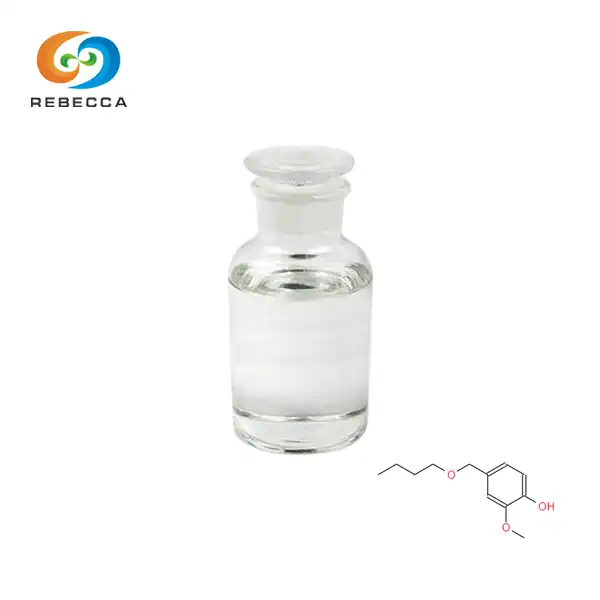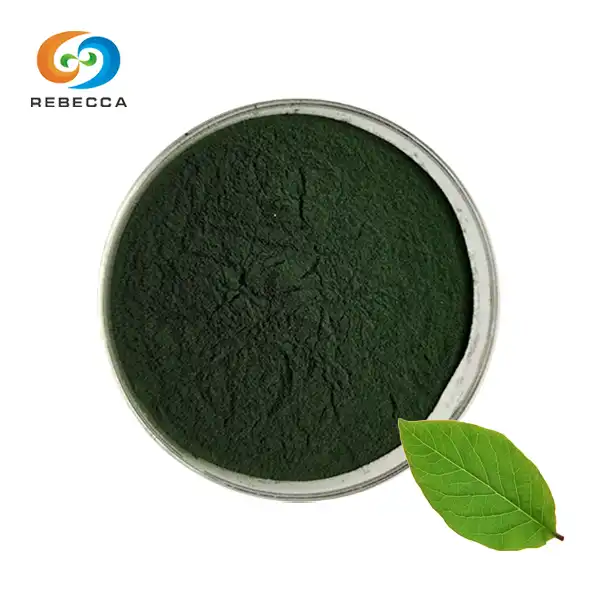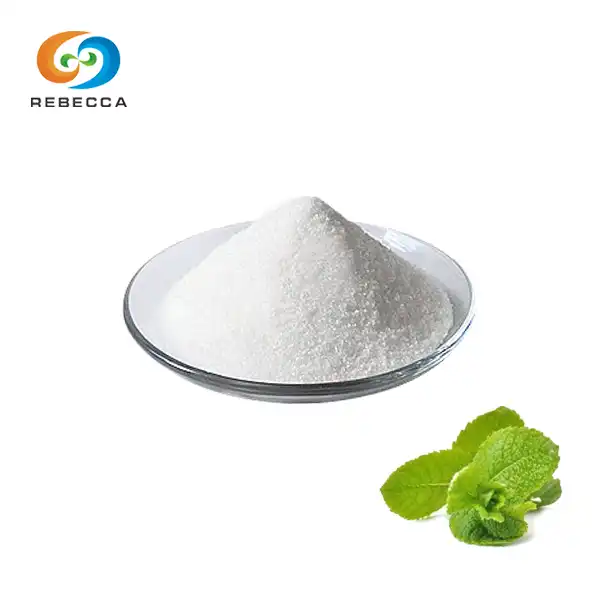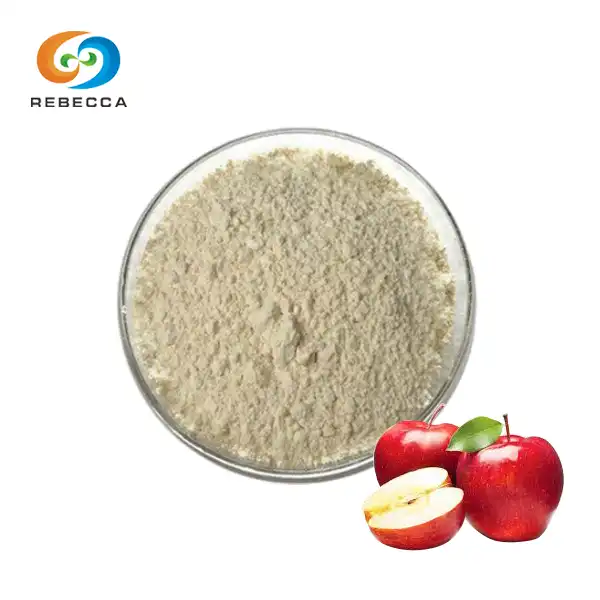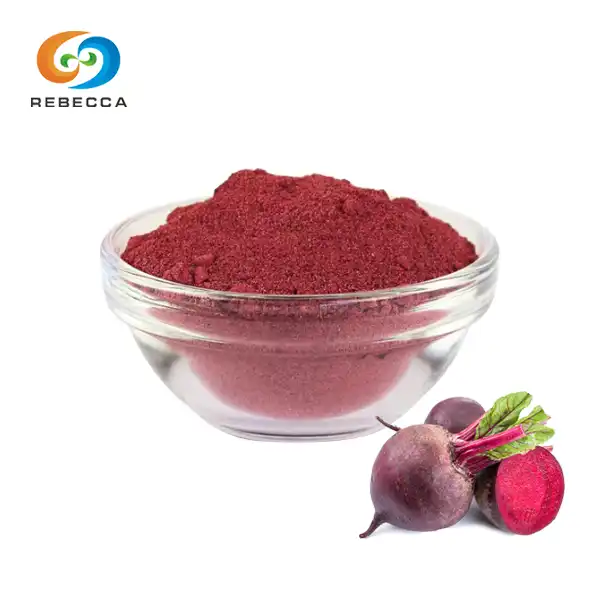What does alpha ketoglutarate do?
Alpha ketoglutarate (AKG) is a molecule that plays a crucial role in various biological processes within our bodies. From supporting cellular metabolism to potentially extending lifespan, AKG has garnered significant attention in scientific research and the health supplement industry. In this comprehensive article, we'll explore the multifaceted functions of alpha-ketoglutarate and its potential benefits for health and performance.
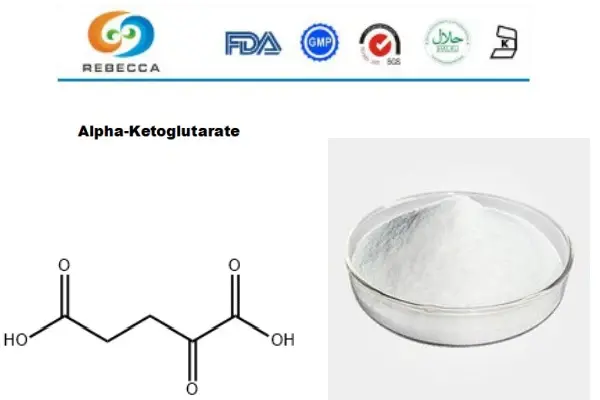
What does alpha-ketoglutarate do?
Alpha-ketoglutarate is a key intermediate in the citric acid cycle, also known as the Krebs cycle or tricarboxylic acid (TCA) cycle. This metabolic pathway is fundamental to cellular energy production and occurs in the mitochondria of cells. AKG serves as a critical junction point in this cycle, facilitating the conversion of other metabolites and playing a role in amino acid synthesis.
One of its primary functions is its involvement in the production of glutamate, an important neurotransmitter in the brain. Glutamate is essential for cognitive functions such as learning and memory. Additionally, AKG participates in the synthesis of other amino acids, making it a crucial component in protein metabolism.
Beyond its role in energy production and amino acid synthesis, alpha-ketoglutarate has been found to have several other important functions:
- Collagen synthesis: AKG is a co-substrate for enzymes involved in collagen production, which is essential for maintaining healthy skin, bones, and connective tissues.
- Epigenetic regulation: Recent research has shown that AKG can influence gene expression by modulating epigenetic processes, potentially impacting aging and disease progression.
- Antioxidant properties: alpha ketoglutarate has been observed to have antioxidant effects, helping to neutralize harmful free radicals in the body.
- Immune system support: Studies suggest that AKG may enhance immune function by supporting the proliferation and activation of immune cells.

How Does Alpha-Ketoglutarate Support Cellular Metabolism and Longevity?
The relationship between alpha-ketoglutarate and cellular metabolism is intricate and multifaceted. As a key intermediate in the citric acid cycle, AKG plays a central role in energy production within cells. This process is fundamental to all living organisms, as it generates ATP, the primary energy currency of cells.
Recent research has shed light on the potential of alpha ketoglutarate to influence longevity and the aging process. Several mechanisms have been proposed:
- Regulation of cellular senescence: AKG has been found to modulate cellular senescence, a process where cells cease to divide and can contribute to aging and age-related diseases. By influencing this process, AKG may help maintain cellular health and function over time.
- Epigenetic regulation: Alpha ketoglutarate is a co-substrate for enzymes that regulate epigenetic modifications, such as DNA and histone demethylation. These processes can influence gene expression patterns associated with aging and longevity.
- Stem cell function: Studies have shown that AKG can enhance the function and maintenance of stem cells, which are crucial for tissue repair and regeneration throughout life.
- Metabolic flexibility: By supporting efficient energy production and metabolic processes, AKG may help maintain metabolic flexibility, which is often compromised with age.
A groundbreaking study published in 2020 in the journal Cell Metabolism demonstrated that supplementation with calcium alpha ketoglutarate increased the lifespan of mice by an average of 12%. The researchers observed improvements in various markers of aging, including fur density, gait, and grip strength. While these results are promising, it's important to note that more research is needed to determine if similar effects would be seen in humans.

Alpha-Ketoglutarate in Muscle Recovery and Athletic Performance
Alpha ketoglutarate has gained attention in the world of sports nutrition and athletic performance due to its potential benefits for muscle recovery and exercise capacity. Several mechanisms have been proposed for how AKG might support athletic performance:
- Protein synthesis: As a precursor to glutamine, one of the most abundant amino acids in muscle tissue, AKG may support protein synthesis and muscle recovery after intense exercise.
- Ammonia detoxification: During intense exercise, ammonia can accumulate in the body, potentially leading to fatigue. AKG has been shown to help in the detoxification of ammonia, potentially delaying the onset of fatigue.
- Nitric oxide production: Some studies suggest that AKG, particularly when combined with arginine, may enhance nitric oxide production. Nitric oxide is a vasodilator that can improve blood flow to muscles during exercise.
- Energy metabolism: By supporting the citric acid cycle, alpha ketoglutarate may help optimize energy production during exercise, potentially improving endurance and performance.
While these potential benefits are promising, it's important to note that research on the effects of alpha-ketoglutarate supplementation on athletic performance has yielded mixed results. Some studies have shown improvements in measures such as power output and endurance, while others have found no significant effects. More research is needed to fully understand the potential of AKG as an ergogenic aid.
It's worth noting that alpha-ketoglutarate is often used in combination with other supplements in sports nutrition products. For example, it's commonly paired with arginine (as AAKG - arginine alpha-ketoglutarate) or with branched-chain amino acids (BCAAs). These combinations may have synergistic effects, but again, more research is needed to fully elucidate their benefits.

About Rebecca
Alpha-ketoglutarate is a fascinating molecule with diverse roles in cellular metabolism, potential anti-aging effects, and possible benefits for athletic performance. From its central role in energy production to its influence on epigenetic regulation and stem cell function, AKG continues to be a subject of intense scientific interest.
While the research on alpha-ketoglutarate is promising, it's important to approach these findings with a balanced perspective. Many of the studies on AKG's effects on longevity and performance have been conducted in animal models or in vitro, and more human studies are needed to confirm these benefits.
If you're in the pharmaceutical, healthcare products, beverages, or cosmetics industries and are interested in exploring the potential of alpha ketoglutarate in your products, Shaanxi Rebecca Bio-Tech Co., LTD is here to help. Our company specializes in research and production of plant extracts, isolation of active ingredients from traditional Chinese medicine, and functional compound formulations. With our high-quality technical R&D team, experienced personnel, and excellent marketing team, we can provide you with top-quality alpha-ketoglutarate products that meet your specific needs.
From the cultivation of medicinal plants to the final product, all our processes are under strict supervision at our GAP-certified base. We understand the importance of cost control, stable and timely delivery, quality assurance, and excellent after-sales service. Whether you're a business owner, purchasing manager, or engineer looking for a reliable supplier of alpha-ketoglutarate, we're here to support your needs.
To learn more about our products and how they can benefit your business, please don't hesitate to contact us at information@sxrebecca.com. Our team is ready to assist you in finding the perfect solution for your product development needs.
References
- Wu N, et al. (2016). Alpha-Ketoglutarate: Physiological Functions and Applications. Biomol Ther (Seoul). 24(1):1-8.
- Shahmirzadi AA, et al. (2020). Alpha-Ketoglutarate, an Endogenous Metabolite, Extends Lifespan and Compresses Morbidity in Aging Mice. Cell Metabolism. 32(3):447-456.e6.
- Carey BW, et al. (2015). Intracellular α-ketoglutarate maintains the pluripotency of embryonic stem cells. Nature. 518(7539):413-6.
- Liu S, et al. (2018). Alpha-ketoglutarate orchestrates macrophage activation through metabolic and epigenetic reprogramming. Nat Immunol. 19(9):960-972.
- Cynober L. (2004). Ornithine alpha-ketoglutarate as a potent precursor of arginine and nitric oxide: a new job for an old friend. J Nutr. 134(10 Suppl):2858S-2862S.
